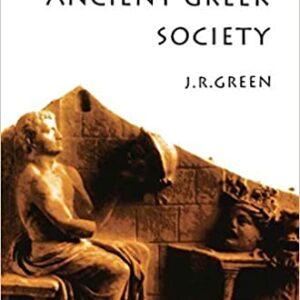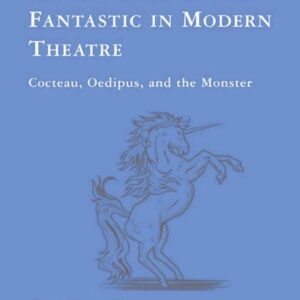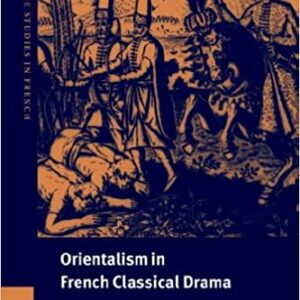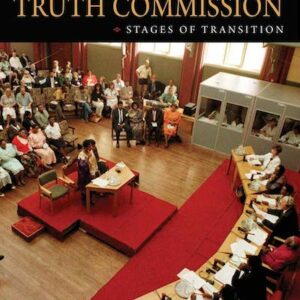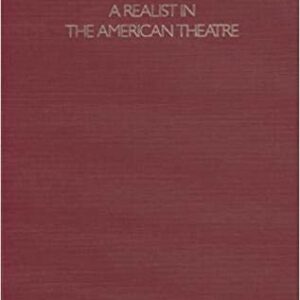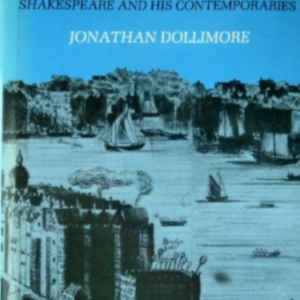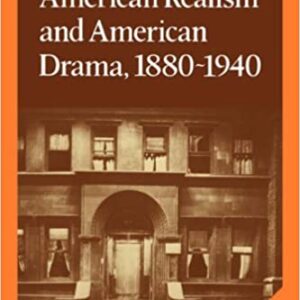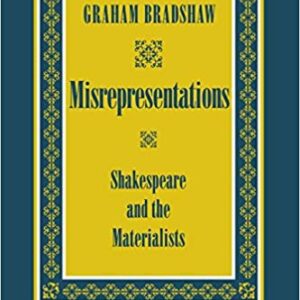
Misrepresentations: Shakespeare and the Materialists
By Graham Bradshaw (NHC Fellow, 1989–90) Just at the moment when conflicts between critical "isms" are threatening to turn the study of English literature into a game park for endangered texts, Graham Bradshaw arrives with a work of liberating wit and insight. His subject is double: the Shakespeare he reads and the Shakespeare that critics … Continued
